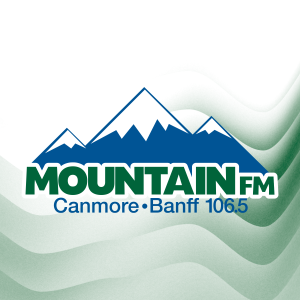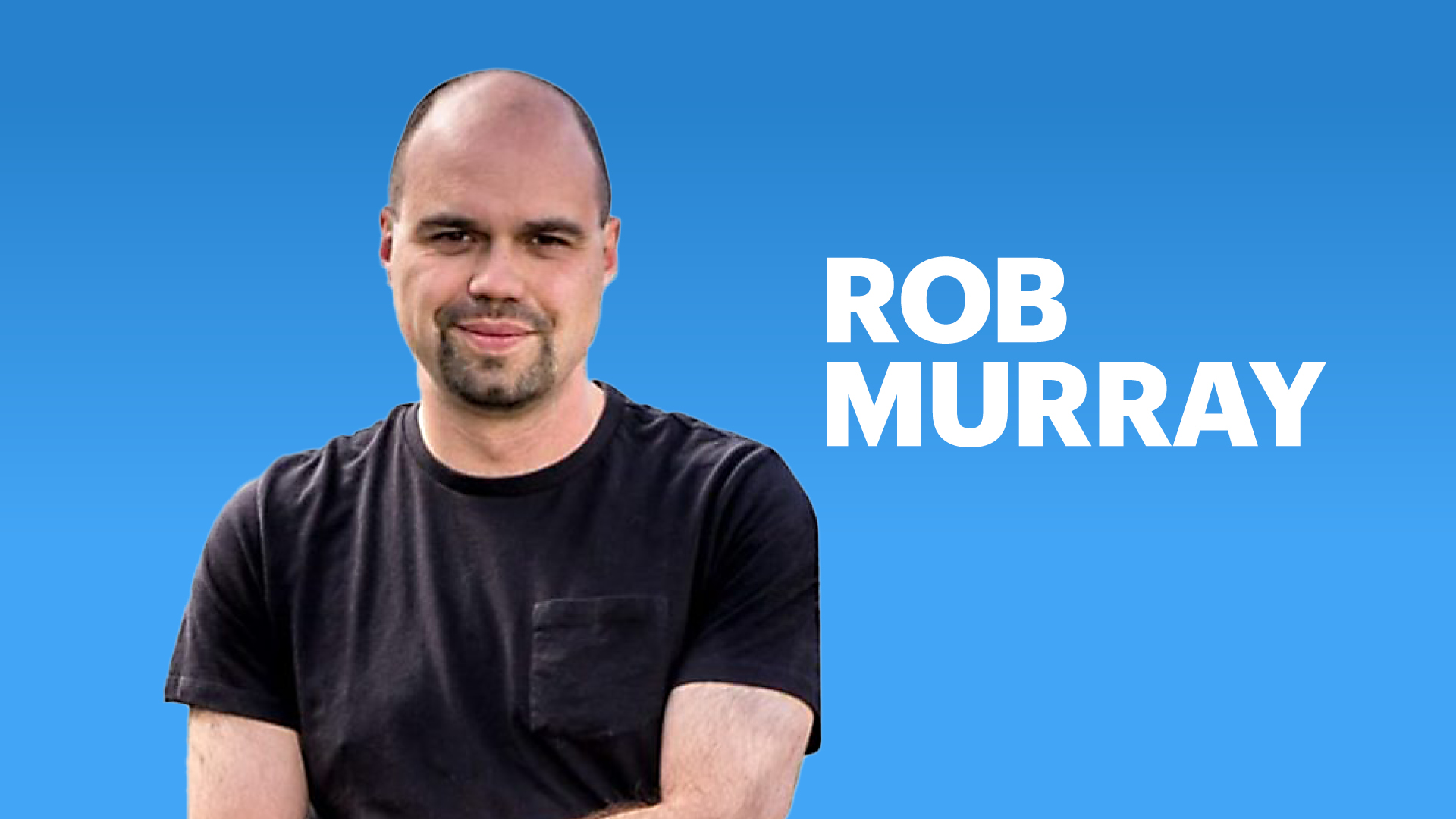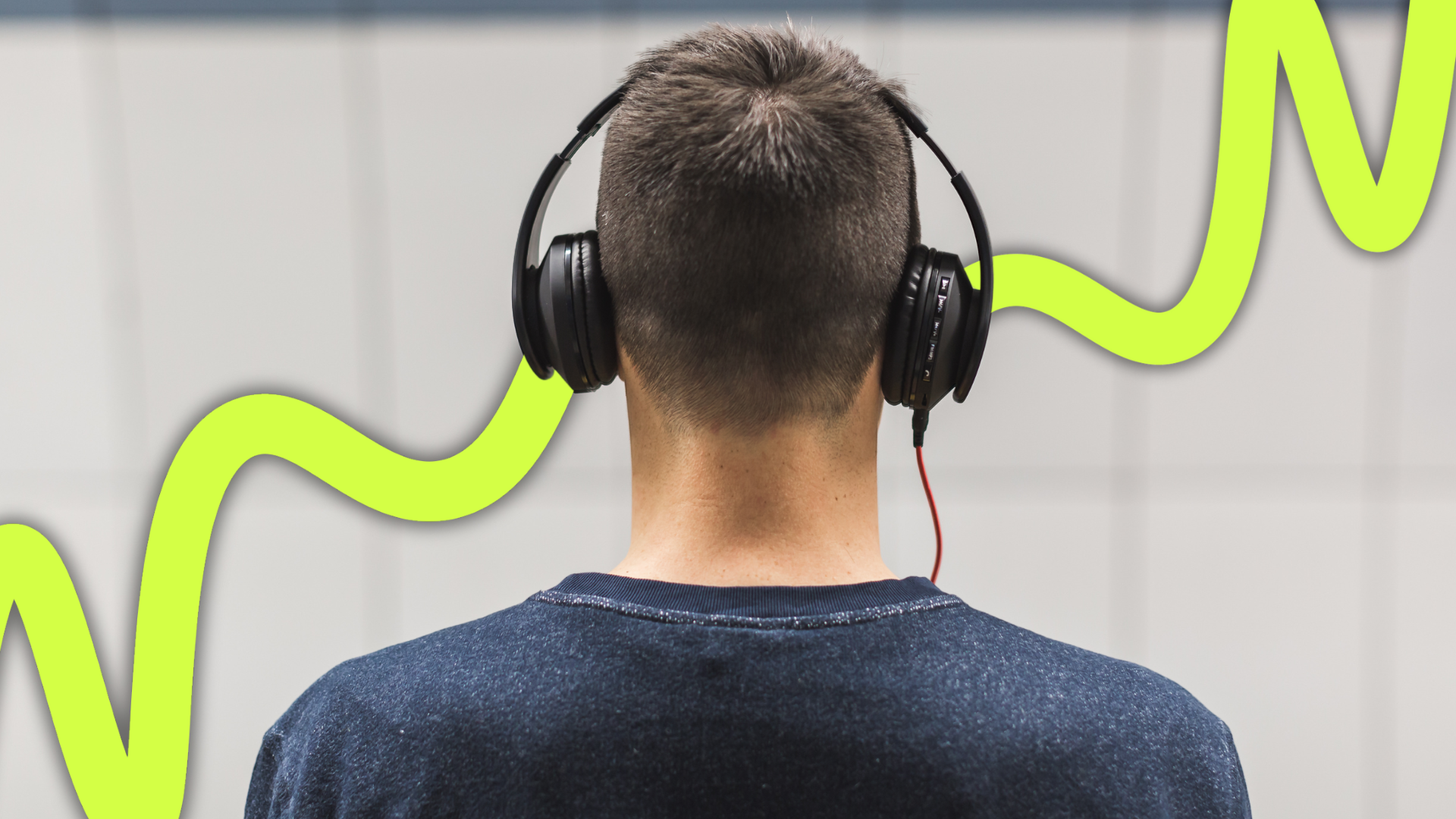
106.5 Mountain
The Bow Valleys Perfect Music Mix
Easy Listening
Canmore
Catch the Moments You Missed
Contests
View AllYour Ears Look Bored. Let's Fix That.
View AllNo playlist available at the moment.
Radio Shows
View ScheduleAbout
CHMN-FM is a Canadian radio station serving Canmore and Banff, Alberta and airs an adult contemporary format under the name 106.5 Mountain FM.
Advertise With 106.5 Mountain
Drive Impact, Make an Impression






